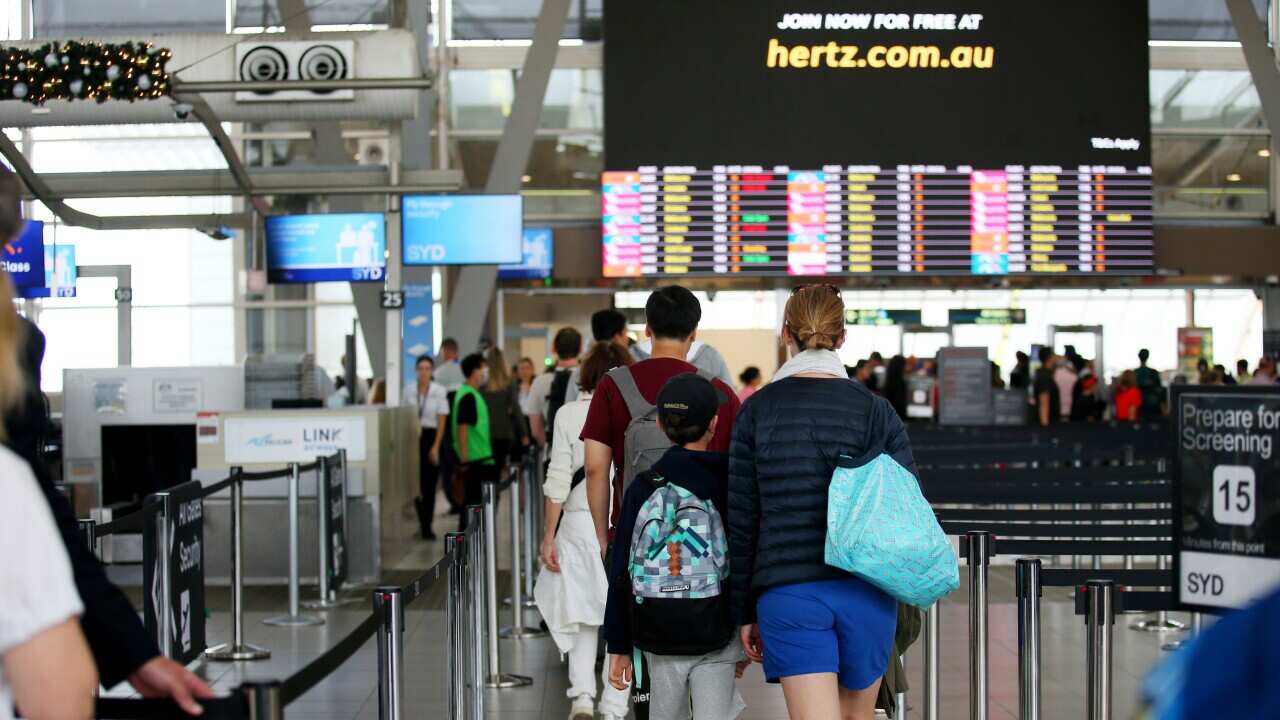Ten years after the Garuda crash that killed five Australians, an aviation expert warns Indonesia's industry needs to shape up or there will be more tragedies.
Twenty-one people died on March 7, 2007, when a Garuda Boeing 737 careered off the runway at Yogyakarta airport, and burst into flames.
Five Australians were killed in the crash: DFAT's Elizabeth O'Neill, AusAID official Allison Sudradjat, Australian Federal Police officers Brice Steele and Mark Scott, and Australian Financial Review journalist Morgan Mellish.
Geoffrey Thomas, editor in chief of the website airlineratings.com, said the accident was a turning point for Indonesia's national carrier.
"Yogyakarta was a terrible accident in terms of loss of life... There was an epiphany that everything had to change and everything did change," he told AAP.
Since then Garuda has modernised its fleet, improved operations and US and European authorities have lifted their bans on the airline.
While Mr Thomas describes Garuda as a "model" of what Indonesian aviation can achieve, the rest of the country's aviation industry is of great concern.
Earlier this year two top executives from Garuda's low-cost subsidiary Citilink resigned after a video emerged of an allegedly drunk pilot going through security and boarding a flight.
It wasn't until a number of passengers raised concerns after hearing the pilot slurring in onboard announcements that he was replaced.
The chief of Indonesia's national narcotics agency also suggested drugs were behind many of the country's airline accidents.
According to the safety audit of the UN agency International Civil Aviation Organisation, Indonesia is below the the international average in every category, including airworthiness, operations and accident investigations.
These issues are further exacerbated, Mr Thomas added, by the rapid growth of the aviation industry in Indonesia.
"Where you try and grow an airline too fast without proper regulatory oversight and you have this undercurrent of suggestions about drugs and pilots getting licenses they shouldn't get - that is a really serious issue."
Only three airlines - Garuda, Lion and Batik Air - are currently registered under the International Air Transport Association (IATA) Operational Safety Audit (IOSA).
Mr Thomas said Indonesia shoul make it compulsory for such audits, as well as rigorously enforce international standards and staff the relevant authorities with good people who are well paid.
"If they don't pick up their game more of these tragedies will happen, there is nothing more certain than that."
In 2015, IATA said that Indonesia was expected to be the sixth largest market for air travel by by 2034, with some 270 million passengers expected to fly to, from and within the country.
In a win for Indonesia's aviation industry, the US Department of Transportation's Federal Aviation Administration (FAA) announced late last year it was upgrading the country's air safety rating, paving the way for carriers to fly to America.
Speaking ahead of his visit to Jakarta on Tuesday, Prime Minister Malcolm Turnbull paid tribute on the 10th anniversary of the Gaurda crash.
"We remember them, and the other victims of the crash, and offer our continued condolences to their families and friends."








